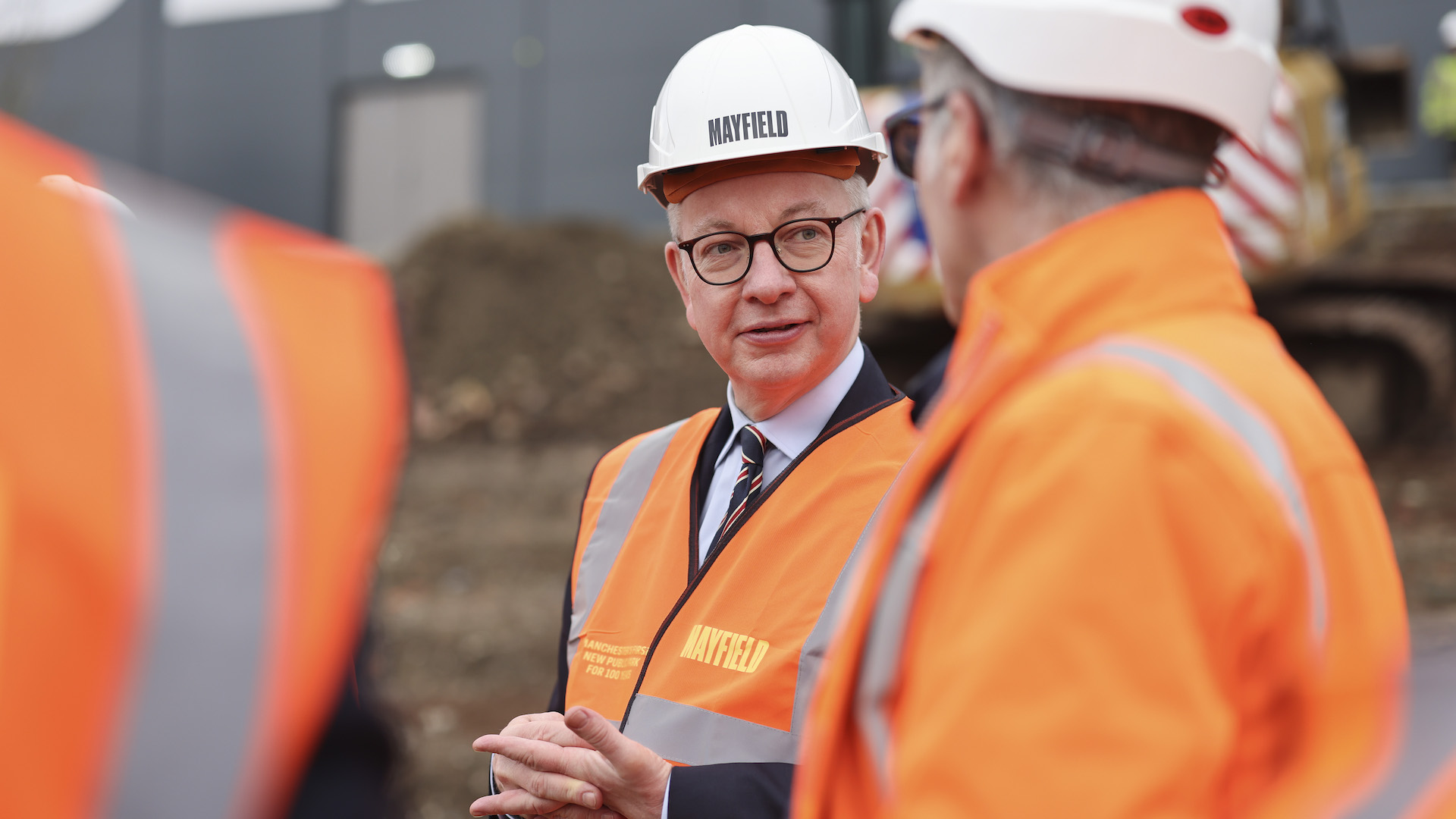It doesn’t inspire confidence if a government department’s purpose is being given a dressing down from the moneymen.
Get the latest news and insight into how the Big Issue magazine is made by signing up for the Inside Big Issue newsletter
In the Levelling Up white paper, Michael Gove wrote: “People deserve to live in a country where life is not a postcode lottery.”
In hindsight, we can safely say this vision has been wrecked by the policy’s own legacy – a competition of councils fighting for some petty cash to pay for local improvements.
Even after a change in prime minister, Liz Truss went straight back to the auction model for so-called ‘investment zones’, aimed at boosting growth and deregulation in local areas.
The investment zones policy has since collapsed with councils left wondering what the point was in even trying to secure funding.
Advertising helps fund Big Issue’s mission to end poverty
This is one of the core weaknesses at the heart of levelling up: who pays for it and what ‘it’ actually is.
Lisa Nandy is correct to say the history of this government’s investment into local areas is pithy. But it’s unfortunate that her party isn’t offering a tangible alternative to levelling up beyond vague assertions of local empowerment and leadership.
Indeed, Labour’s foray into levelling up shows little difference to the policies offered by its rival, minus the elimination of bidding processes.
The Department for Levelling Up has been under scrutiny from parliamentary committees on the calculations and spending of the bespoke funding pots. The evidence to suggest money has been allocated to match Conservative electoral ambitions is unsurprising but goes to the heart of levelling up’s failure – a lack of local direction.
The primary beneficiaries of levelling up are local councils, working on behalf of residents to improve public services, experiences and life outcomes. If the slogan is to continue, it should be our councils who control the money, not Whitehall.
To do this, any government wanting to actually solve decline in the regions will reform the finance system for local government to be more independent and self-directed, while still having a central sponsor to give them the tools to succeed.
Advertising helps fund Big Issue’s mission to end poverty
For one, council tax is long-overdue for reform – an essential move if Westminster wants to reduce inequality and adequately fund public services. And yet, Croydon, Slough and Thurrock councils are giving residents a massive increase of 10 per cent to 15 per cent for poor financial administration outside of their control.
But instead of reform, both Labour and the Conservatives have devoted too much of their time to the cause of devolution without fixing core problems. Devolution to the English regions is an important step and cannot be criticised in its intentions. But more mayors, more powers and more services to deliver will be held back by a finance system which simply isn’t effective enough to drive improvements.
With new capital spending from Whitehall now ended, and a limited ability to self-fund projects, local government won’t have as many avenues for regeneration and improvements. A rational response to this would be to establish a separate investment grant delivered alongside the settlement from Whitehall, unshackled by bidding culture, for the discretion of councils to build whatever they feel is worthwhile.
This dedicated investment fund would wipe out the legacy of irritating auction house politics and enable a comforting sense of ownership in new projects.
Levelling up may be a dead slogan but its spirit for improvement will live on – it’s up for grabs if our leaders are willing to go far enough.
Daniel Reast is a freelance journalist covering housing, local government and equalities.
Advertising helps fund Big Issue’s mission to end poverty










